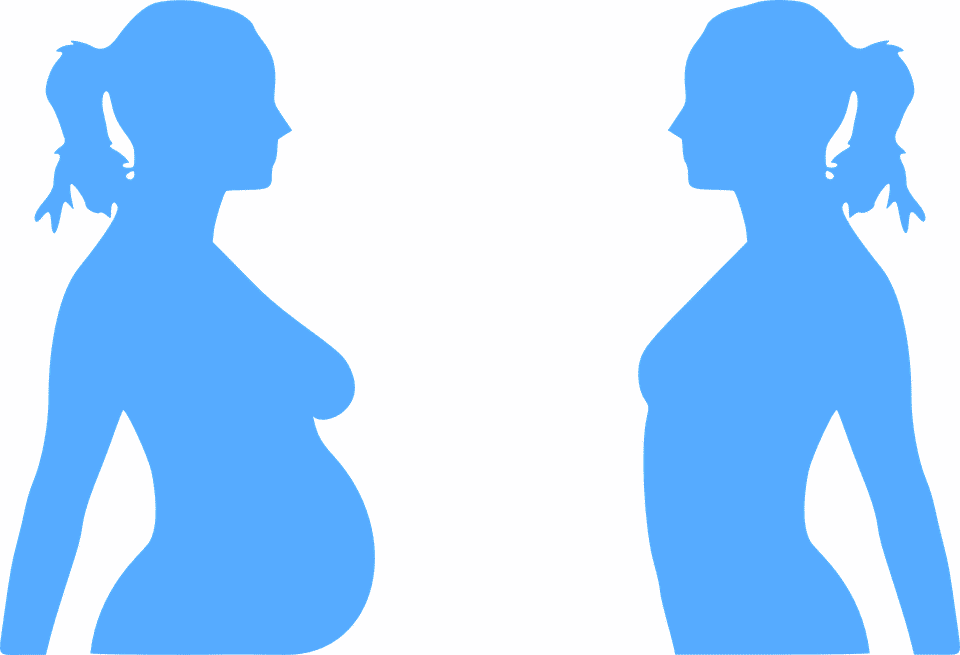Article Updated June 12, 2018
It’s always nice to know what is happening to our bodies. In this article, I will describe changes during pregnancy from start to finish. Why do these changes occur during your weeks of pregnancy? Of course, you may not have all these unpleasant symptoms—headaches, frequent urination, migraines—but you will learn why they occur.
In this article:
First, I would like to talk generally about the three main phenomena that affect your whole body.
1- A significant increase in your metabolism by 15–30%. This means that many organs, glands and other parts of the body function faster than usual.
2- Increase in blood volume by 40–50%, meaning you will have almost 7.5 additional litres circulating in your system which will impact your body, including a 50% increase in heart flow and a 10–20% increase in heartbeat.
3- Finally, those charming hormones, mainly progesterone and estrogen, which will have widespread effects. Some tissues will soften, and some blood vessels will dilate.
I want to start by explaining their impacts on your daily life from head to toe. Let’s jump into the wonderful world of pregnancy!
Don’t be surprised if many of you feel tired, especially at the start of pregnancy. I often note that those who aren’t seriously nauseous in the first trimester are often exhausted. If you had to choose, which one would you want? Your peak fatigue will be around 6 or 7 weeks up to about 9–10 weeks, sometimes a bit more. Don’t worry; your energy will return!
The possible causes of fatigue are multifactorial. Hormonal changes (mainly progesterone rises), decreased dietary intake, mood changes, anxiety, thyroid problems or anemia are typical examples.
To read more, go to the article Upper Body.


